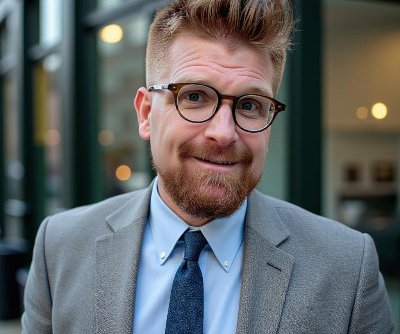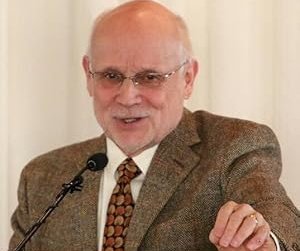I’m always happy to turn my clock back to the “correct time” hour at the end of Daylight Saving Time. About half of America agrees with me, and the other half does not.
Thankfully, we don’t have passionate arguments about this that might ruin Thanksgiving dinner or any other family gathering.
Congress has introduced bills to lock the clock, ending the spring forward, fall back tradition or leaving it up to the states. Giving up that extra hour of sleep so sunset occurs later in the day (at least according to our clocks) resonates with many who would prefer permanent DST – ending the back and forth.
The “Sunshine Protection Act of 2025” would make Daylight Saving Time the new, permanent standard time. States with areas exempt from DST may choose the standard time for those areas. But no, Daylight Saving Time is not going away in 2026. Be prepared to spring forward again on March 8.
The Hill lists DST legislation by state. For Kansas, it reports a bill to put our state on permanent standard time (while leaving the door open to switching to permanent Daylight Saving Time following an act of Congress) was referred to committee. It passed through the Senate and moved on the the House, but the Legislature is adjourned until January 2026. At least one of our neighboring states seems to be of like mind; a similar bill was introduced earlier this year in Missouri. A bill for permanent standard time was recommended for passage in Oklahoma, but failed.
Nothing was introduced in Colorado, but Nebraska had TWO bills, one for permanent daylight saving time and the other for permanent standard time. The decision was supposed to come in March. According to the Nebraska Examiner, state lawmakers “again punted ... on making a final decision on how to end Nebraska’s twice-a-year changing of the clocks back and forth, leaving it up to one more debate.”
I don’t think Kansas had Daylight Saving Time when I was born, but I remember it going way back, apparently to the Uniform Time Act of 1966. Which means most people have experienced the “change your clocks, change your batteries” rituals for their entire lives. We always thought it was called Daylight Savings Time, in the plural. Many people call it that. I asked Google’s schizophrenic AI why that is so and was told the word “savings” is often used because it sounds similar to other phrases, like “savings account.”
Just as it takes a while after the new year for me to remember to write the correct date on checks, it’s going to take another day or two to reset every clock in my house. There’s one clock in my TV room that never did make the change to DST. The clock in my car is usually the last holdout, but this year I am going to need to help managing my “smart” watch.
Susan Thacker is the editor of the Great Bend Tribune. Send comments to sthacker@gbtribune.com.





